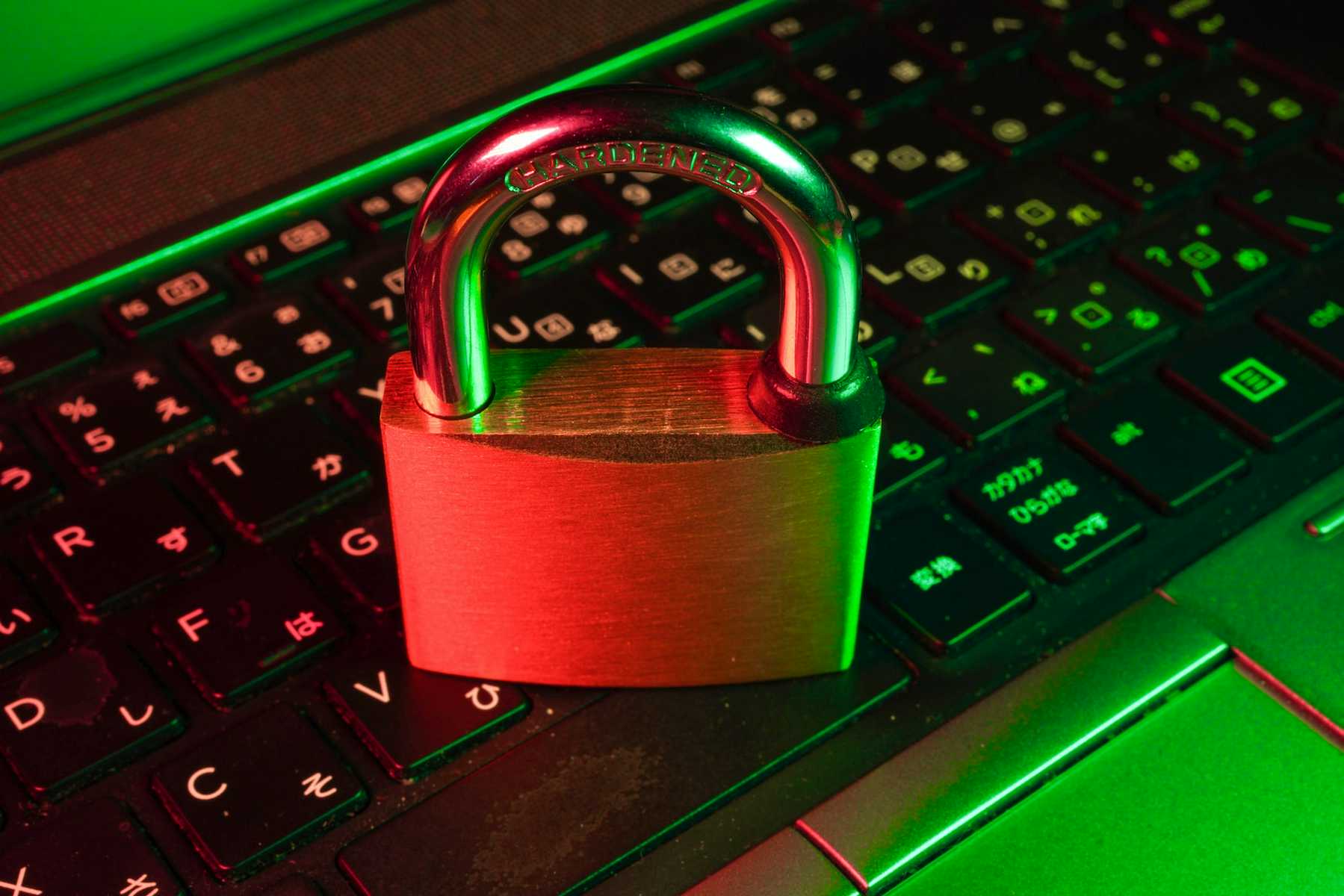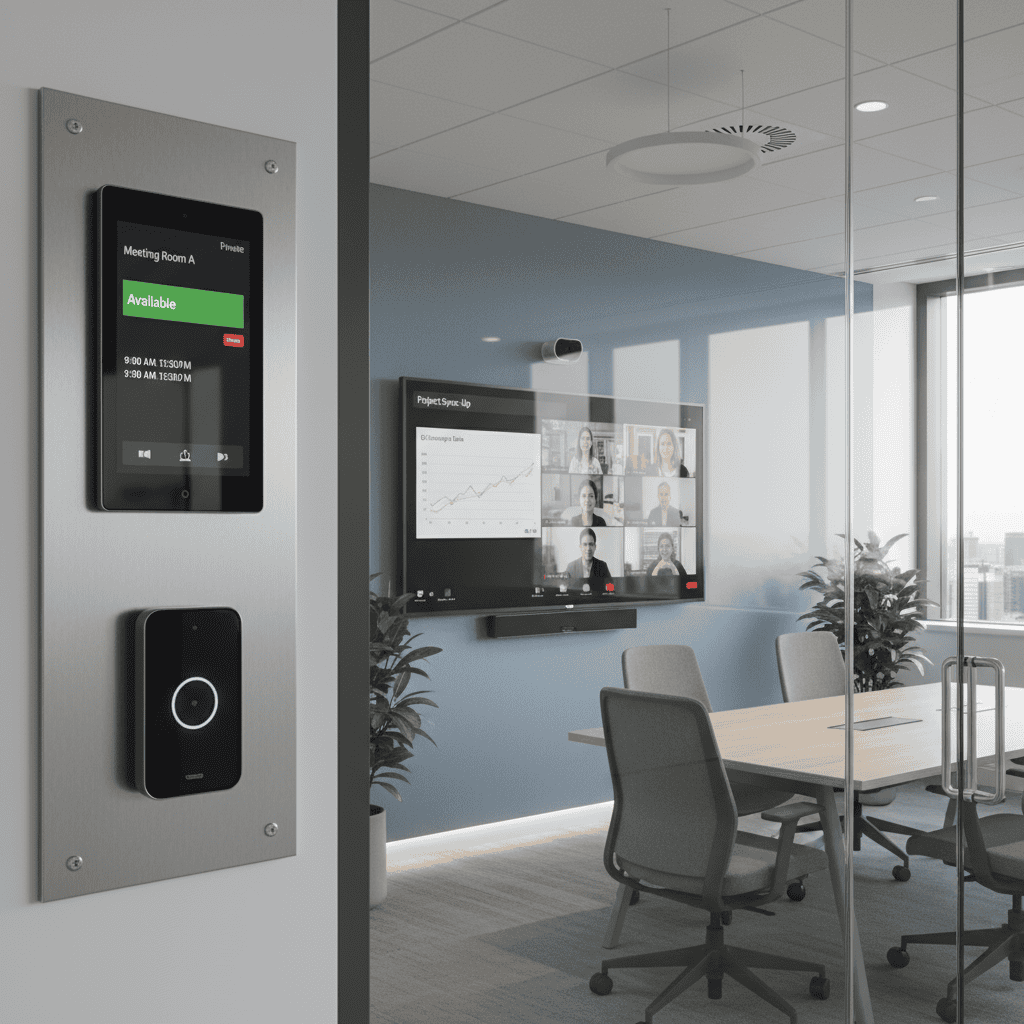Cyber Security Audit: A Comprehensive Guide to Assessing Your Business’s Security Systems

A cyber security audit is integral for organizations to monitor system compliance and ensure that their devices are protected against harm with the proper security measures. These audits allow IT professionals to understand their cyber network to prevent damage due to vulnerabilities in cyber security systems.
Knowing how to conduct a cyber security audit is crucial to guarantee that your business is protected from third parties that wish to cause it harm. Given the millions of people affected by data breaches, having a comprehensive process to protect your cyber security processes is vital.
But how do you conduct a cyber security audit for your business, and what are the core benefits of this process? This article will offer a complete guide to cyber security audits to show how this practice will benefit your business long term.
What is a Cyber Security Audit?
A cyber security audit is an auditing process to assess compliance issues and vulnerabilities within an organization’s infrastructure. Cyber security audits allow companies to monitor and prevent cyber attacks. During this assessment, a vendor runs tests on your company’s network to identify issues in your security protocol and limit the potential for future cyber attacks.
While a cyber security audit is similar to other IT assessments, it differs in critical ways, notably its expanse. A comprehensive cyber security audit analyzes all of the hardware and networks within your organization, whereas other IT assessments identify some flaws but do not contribute as much to mitigating security risks.
There are two primary types of cyber security audits to be aware of when navigating this process, described below:
- Internal audits: an internal cyber security audit allows organizations to conduct their auditing process without help from a third-party vendor. This option is cost-effective, and organizations must establish a comprehensive system to audit internal systems regularly and accurately.
- External audits: an external cyber security audit is conducted by a third-party organization. While these vendors are highly skilled, this solution can be expensive for some organizations.
The Process for Conducting a Cyber Security Audit
Performing an internal cyber security audit is possible for IT professionals who prefer to conduct an audit in-house. The following elements describe the general process for how these audits are conducted:
- Review your plans
- Assess your risks
- Consider your security standards
- Assess whether your plans are actionable
Why Businesses Need Cyber Security Audits
Businesses require cyber security audits for numerous reasons. Without regular auditing, businesses are vulnerable to many cyber threats that can compromise the organization long-term and cause irreparable damage. Below are some primary risks contributing to the need for cyber security audits and how auditing can help organizations identify these threats and address system vulnerabilities.
- Data Breaches: Without frequent cyber security audits, businesses struggle to identify vulnerabilities in IT systems. Improper or infrequent auditing leaves more room for data breaches, meaning your organization can lose sensitive data regarding its customers, finances, and intellectual property if cybercriminals target your network.
- Malware Infections: Infrequent cyber security audits leave you more vulnerable to malware infections, meaning that your system can fall victim to infectious software. This vulnerability allows hackers to steal your data and cause significant damage to your network.
- Phishing Attacks: A phishing attack is likelier among organizations that neglect to perform frequent cyber security audits. These attacks occur when an attacker accesses sensitive information, and auditing allows businesses to identify the vulnerabilities that criminals use to launch these attacks before the attack occurs.
How to Conduct a Cyber Security Audit: Step-by-Step
Conducting a cyber security audit is possible through a few steps. Below is a breakdown of the crucial elements required for a successful cyber security audit.
1. Identifying the Scope
Knowing the scope of your audit is integral to knowing what your auditing process should address. For instance, consider the following components when determining the scope of your cyber security audit:
- Sensitive data storage
- Physical security
- IT Infrastructure
- Policies and procedures
- Security compliance standards
2. Gathering Information About the Organization’s Security Systems
Understand the compliance requirements and protocol for your current security systems. A cyber security audit can help identify whether you are meeting your security standards and help address areas where your system is vulnerable to third-party attacks.
3. Identifying Vulnerabilities and Potential Threats
Once you have information about your current security systems, you can identify your company’s vulnerabilities and any potential threats to your data infrastructure. Identifying these threats is possible through a risk assessment and continuous security monitoring. Among the many cyber threats your business might encounter include the following:
- Malware attacks
- Social engineering
- Stolen passwords
- SQL injections
- Distributed Denial of Service (DDoS) attacks
4. Developing a Remediation Plan
Finally, you can develop a remediation plan to address security threats identified during your cyber security audit. An effective remediation plan requires a thorough incident response, which should cover the following details:
- A business continuity plan to adhere to future security protocols
- A methodology to reorganize and prioritize risks and processes for data remediation
- Extensive documentation of the responses necessary for future auditing
- A detailed communication plan to ensure that all employees are on the same page
What Tools and Techniques are Needed?
Various tools are used during the cyber security auditing process. Some of the primary tools you’ll encounter during security audits include the following:
- Vulnerability scanner: this system allows businesses to monitor their networks and devices to identify and address security vulnerabilities.
- Penetration testing tools: these tools examine a system to identify open-source vulnerabilities and security concerns.
Benefits of Cyber Security Audits
There are various advantages to frequent cyber security audits that make them crucial for your organization to operate safely. For example, some of the primary benefits you’ll encounter through regular audits include the following:
- Improved security, reducing the risk of cyber attacks
- Increased awareness of potential security threats
- Improved compliance with security regulations and standards
Get More From i.e. Smart Systems
A cyber security audit is integral to keeping your organization’s network secure and preventing cyber attacks that could cause permanent damage. Businesses require audits to identify data breaches, malware, phishing attacks, and other cyber threats to address a problem before it occurs. Through a comprehensive internal audit, organizations can access the primary benefits of cyber security audits and boost their compliance with security standards. By conducting regular audits and seeking the assistance of professional services when needed, you can protect your business from disaster.
Want to know more about all things to do with IT and cyber security? Check out the guides offered by i.e. Smart Systems today.
About i.e.Smart Systems
i.e.Smart Systems is a Houston, TX based technology integration partner that specializes in design and installation of audio/visual technology and structured cabling. For more than three decades, our team of in-house experts has partnered with business owners, architectural firms, general contractors, construction managers, real estate developers, and designers in the Houston market, to deliver reliable, scalable solutions that align with their unique goals.




